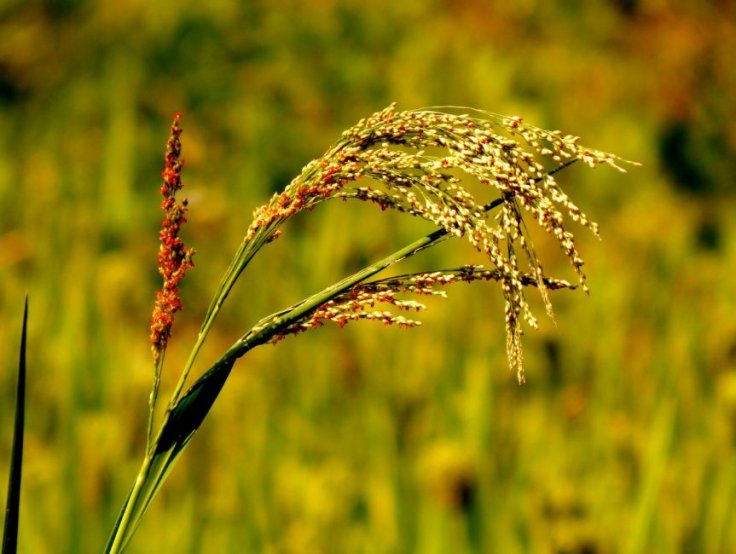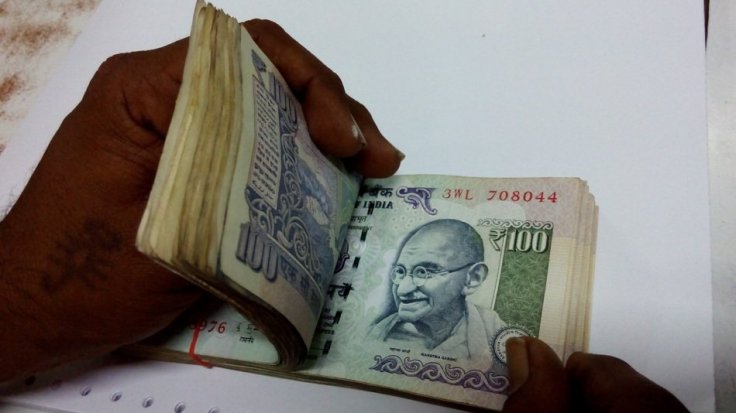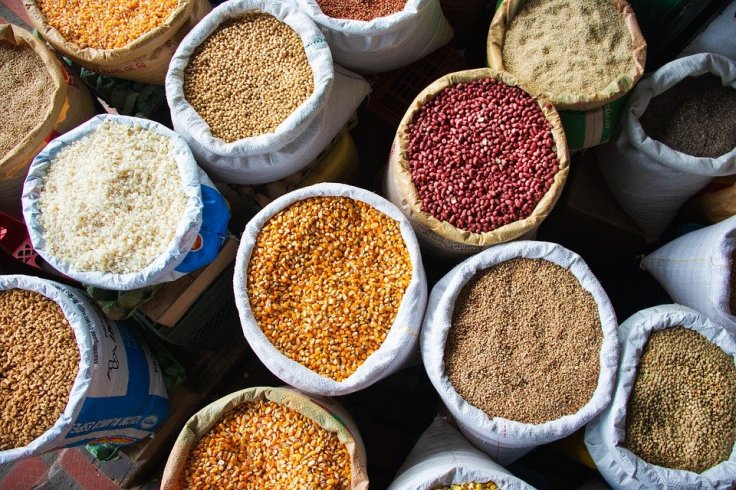The debate on whether the new 'Farm Laws' introduced in India are pro or anti-farmers has divided the nation. Between nationwide protests and a series of dialogues between the government and farmer unions, some issues haven't got the attention they deserve. What the new Farm Laws bring to the table is either misconstrued or taken out of context, resulting in chaos.
As the nation argues on the efficacy of the new agricultural reforms laid out by the Narendra Modi-led BJP government, here are some key points that decipher the bill for what it actually is. Based on statistics and well-backed data, whether the farmers are benefitting from the new bill or stand to lose from it is something that needs clarity.
Farm Laws 2020: DECODED

It is important to understand what the government is proposing in the name of new reforms and an aim to turnaround India's agricultural sector, closing the disparity between agriculture and other sectors at large.
The nationwide protests are being based on some misconceived facts about MSP, mandis, dealings with contractors, and more. In a nutshell, the Farm Laws 2020 does not take away the MSP, which in fact has witnessed an increase after the passing of the bill. APMC mandis will continue to work and farmers are given full control of pricing their produce even before growing it, something that has been in the hands of the contractors.
The dairy and fisheries sectors are growing at an annual rate of 4 percent to 10 percent, while the growth in the food grain sector has been at an average of 1.1 percent annually after 2011-12. The need for new reforms come with the intention to benefit the farmers and double their income.

As per the new Farm Bill, farmers can end agreements anytime, buyers are bound to pay the farmers on time or face legal action. In fact, the choice of farmers to sell in APMC mandis is entirely up to them, but they are also free to sell outside, in other states too.
Overcoming Biggest Challenges
With challenges like fragmented markets, insufficient markets, market fees and charges, inadequate infrastructure, post-harvest losses, limiting competition, lack of market knowledge, and informal credit facilities – all mounted towards the hindrance of farmers' benefit.
With the new Farm Laws, farmers have more options to sell their produce, understand market price and make dealings accordingly, no hasty dealings, no commission or other fees, and the freedom to sell to consumers directly and earn higher prices. With the continuation of MSP and APMC mandis, the farmers still have the safety net to sell however they choose. But the entire nation as a whole is one market for farmers anywhere in the country.

Farmers engaged in contract farming can now decide on the MSP even before sowing the crop. With this base price, the negotiations can only be done favorably to farmers. And if the contractors make a better profit than expected, farmers will get a bonus in addition to the MSP. However, there's no dent in the MSP if the contractor stands to make a loss.
It's worth pointing out that the law disallows any transfer, sale, lease, or mortgage of land or premise of the farmer by the contractor. Moreover, farmers' lands are off-limits in any case of recovering dues –at all costs.
To ensure timely payouts, the bill ensures the payment is made to the farmers on the same day or within three working days, guaranteeing farmer payments. At any point, the farmer may withdraw from the contract without any penalty and the price of the produce will be mentioned in the farming agreement, failing to honor which can result in extending the amount due to one and half times more.
Increase in MSP Payouts

As compared to the previous years, especially between 2009 and 2014, the government has paid more than double to farmers as MSP between 2014 and 2019. MSP payments to farmers for paddy and wheat rose from Rs 3.74 lakh crore to Rs 8 lakh crore. Similarly, procurement of pulses at MSP has increased 74 percent between the two aforementioned periods.
In 2013-14, the MSP for Tur dal was Rs 4,300/quintal whereas, in 2020-21, the MSP for Tur dal has been substantially increased to Rs 6,000/quintal. During 2009-14, the government procured only 1.52 LMT of pulses, whereas, during 2014- 19, the procurement rose to 112.28 LMT of pulses at MSP, a 74-fold rise.
Furthermore, MSP payments for pulses went from Rs 645 crore to Rs 49,000 crore, paddy went from Rs 1,310 per quintal to Rs 1,868 per quintal, and Jowar saw a 73.6 percent increase.
MSPs and APMC Mandis

While there are several misconceptions about MSPs getting scrapped in the future, the new Farm Bill does not affect MSP. In fact, MSP procurement from farmers is the top priority of the government and is likely to continue.
Benefitting the farmers does not come at the cost of APMC mandis, as they will continue to regulate the marketing of agricultural produce within the physical boundaries of market yards. They can levy market fee within physical mandi as per their regulations. The Act only provides farmers with additional marketing opportunities outside existing APMCs.
States and APMC mandis will continue to have regulatory powers to impose mandi fees and other charges within markets. APMC markets will continue to operate and are not affected in any way by this reform. In fact, APMC markets will become even more efficient to compete with other buyers and attract farmers to generate revenue.
Tackling Problems with Solutions

The government has identified 11 such areas through which the farmers' income can be doubled. They include:
Agriculture budget: Set at Rs 1.34 lakh crore for 2020-21.
Sustainable farming: Soil Health Cards, issued free of cost, have benefited farmers immensely.
Credit and loans: Rs 15 lakh crore set aside for farm credit target for 2020-21.
Water and electricity: More land covered under micro-irrigation and all villages got electricity.
Help during a crisis: In times of natural disasters, better relief measures have helped farmers with higher compensations and a lower percentage of crop loss for compensation eligibility.
Insurance: Lakhs of farmers benefited from crop insurance and received Rs 149.20 crore as compensation.

MSP: MSP payments, procurements, and hikes all grew under the new bill.
Market Access: Farmers are free to sell anywhere, at a price they decide and eNAM helps assess the best price.
Value addition: Sharp increase in mega food parks, cold chain infra, food processing and preservation capacities benefitting 21 lakh farmers.
Extra income: Horticulture, fisheries, aquaculture, cattle farming, honey production, ethanol blending are ways to add extra income to farmers.
Financial security: PM KISAN program transfers Rs 6,000 to crores of farmers accounts directly every year and a pension scheme ensures future financial security.








